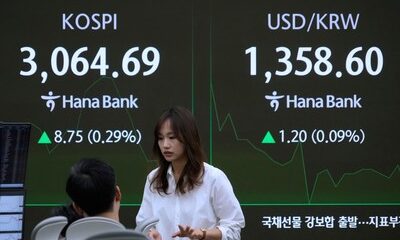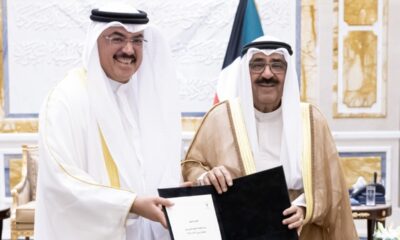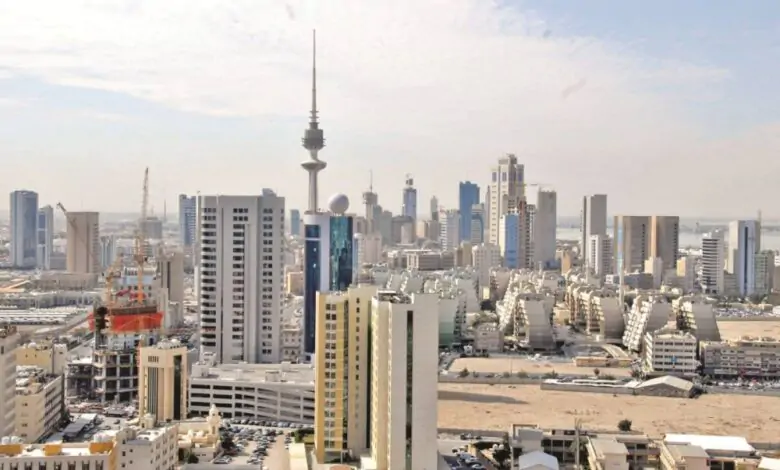NEW DELHI, March 22: Lamborghini and Mercedes-Maybach are set to expand their presence in India as the country’s rapidly growing base of young, affluent consumers increasingly splurge on super-luxury cars, helping to drive sales to record levels.
Lamborghini, coming off a year of record sales, is exploring the possibility of opening a fourth showroom in India. Meanwhile, Mercedes-Maybach sees the country as a potential top-five market by sales, executives from both companies revealed.
“India, for us, is an asset… there is huge potential for the future,” said Stephan Winkelmann, Lamborghini’s CEO, during a virtual roundtable with reporters. “There is the idea of having maybe a fourth dealership, but this is still something in the early stages.”
This optimism is fueled by the changing demographic landscape in India, with a growing generation of younger customers driving the shift. Winkelmann noted that the average age of a Lamborghini buyer in India is under 40, making it the youngest market for the brand, following China. “You have a lot of successful startups in India, and young, high-net-worth individuals stepping into this type of car. So this is positive for us,” he added.
India’s rapid economic growth has led to a fundamental shift in attitudes toward luxury purchases, particularly among younger generations. These buyers differ from their older counterparts, who were traditionally more focused on saving. Today, executives from successful startups cashing out after public listings and younger members of family-run businesses spending with fewer reservations are driving demand for luxury goods – from cars and watches to homes.
However, luxury car sales still make up just over 1% of India’s 4 million vehicles-a-year market, with super-luxury vehicles accounting for an even smaller share.
Lamborghini had its best year in India in 2024, selling 113 cars, a 10% increase compared to 2023. Winkelmann anticipates further growth in 2025, buoyed by a strong order book that stretches 18 months into the future. Half of its sales came from the Urus SUV, which carries a starting price of around $500,000 before taxes, while the remaining sales were driven by the Huracan and Revuelto sports cars.
Mercedes-Maybach, in contrast, achieved 145% growth in India in 2024, selling 500 of its super-luxury cars, each priced upwards of $325,000, in a market where the average car costs about $15,000. Daniel Lescow, head of Mercedes-Maybach, said that India had already reached the top 10 markets for the brand and has the potential to break into the top five, depending on the pace of growth in the luxury market.
“I’m convinced there’s so much more potential… so many opportunities here,” Lescow told Reuters, expressing confidence in India’s future as a key market for Mercedes-Maybach.

 Business16 hours ago
Business16 hours ago
 Latest News16 hours ago
Latest News16 hours ago
 Business18 hours ago
Business18 hours ago
 Business24 hours ago
Business24 hours ago
 Latest News14 hours ago
Latest News14 hours ago
 Politics14 hours ago
Politics14 hours ago
 Latest News13 hours ago
Latest News13 hours ago






















